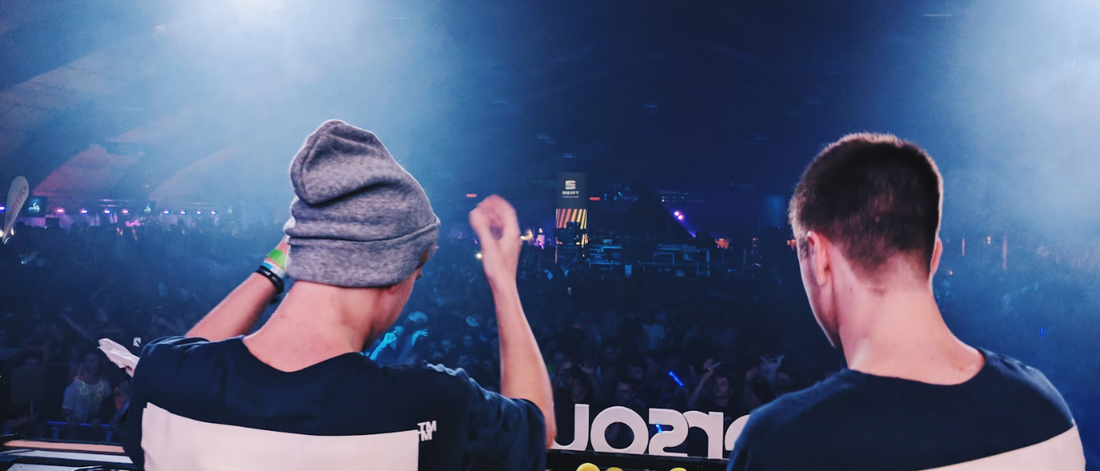
"From Vinyl to Viral: The Transformation of DJs Through Social Media"
Share
In the rapidly changing music industry, the role of DJs has seen a significant shift, particularly over the past twenty years due to the rise of social media and digital technology. Two decades ago, DJs built their reputations mainly through their skills on the turntables and word-of-mouth. Today, the landscape is vastly different, with social media platforms acting as essential tools for DJs to engage with their audiences, develop their brands, and influence global trends. Let’s explore this transformation and compare the roles of DJs then and now.
The Pre-Social Media Era:
Twenty years ago, DJs thrived in an environment where vinyl records and physical mixtapes were the main currency. Their success hinged on their ability to select the right tracks, mix them seamlessly, and keep the dance floor alive. Without social media, DJs relied on traditional promotion methods like club residencies, radio shows, and personal referrals. Building a reputation was a slow process, primarily limited to their local communities.
During this time, a DJ’s role was mostly restricted to the decks, with their influence confined to the venues they performed at and the audiences they entertained. While a few iconic DJs gained international recognition through record deals or high-profile gigs, most remained within their regional circuits.
The Social Media Revolution:
The advent of social media revolutionized the DJ landscape. Platforms such as Facebook, Instagram, Twitter, and SoundCloud granted DJs unparalleled access to a global audience. They could now share their mixes, interact with fans, and promote their events with just a few clicks. This significantly lowered the barriers to entry, enabling aspiring DJs to showcase their talents without needing expensive studio equipment or record contracts.
Social media also democratized music discovery. DJs could curate playlists, share tracks, and collaborate with artists worldwide, breaking down geographical barriers and exposing audiences to a wide variety of sounds. Additionally, platforms like YouTube and Twitch allowed DJs to livestream their performances, delivering the energy of live shows directly to fans’ screens.
The Modern DJ:
In today’s digital era, the DJ’s role extends well beyond the DJ booth. DJs are now seen as entertainers, influencers, tastemakers, and content creators. With millions of followers on social media, leading DJs have transformed into global brands, collaborating with fashion labels, tech companies, and beverage brands to enhance their reach and impact.
Social media has also changed how DJs connect with their fans. Through direct messaging, live chats, and Q&A sessions, DJs can build personal relationships with their audience, turning casual listeners into dedicated supporters. Fans feel involved in the journey, sharing in their favorite DJs’ successes and challenges behind the scenes.
Conclusion:
The role of DJs has dramatically evolved over the last two decades, largely due to the rise of social media and digital technology. What was once a niche profession limited to the DJ booth has now become a global phenomenon, with DJs holding significant influence both on and off the dance floor. While the core elements of DJing—skill, track selection, and showmanship—remain unchanged, the tools and platforms available today have transformed how DJs connect with their audience, shape musical trends, and define the future of the industry. Looking ahead, it’s clear that the evolution of DJs is far from finished, and social media will continue to play a crucial role in shaping the next chapter of this dynamic profession.
